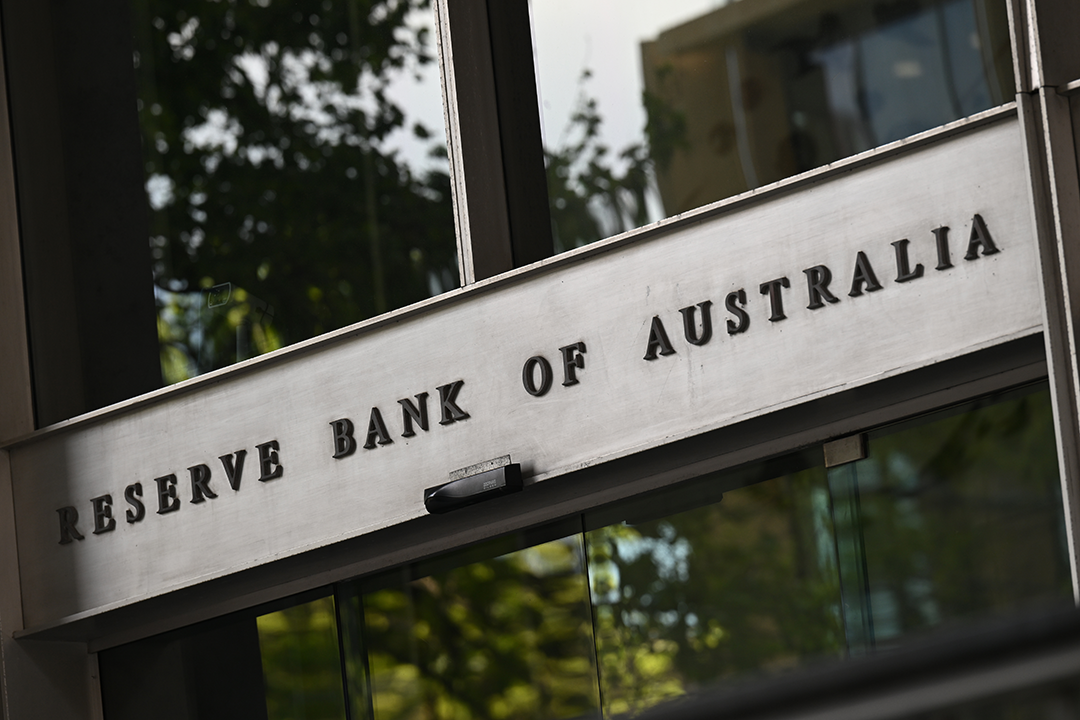

You don’t have to be an economist to work out that if it’s raining jobs, then those with mortgages need to get ready for another interest rate rise from the Reserve Bank before Christmas. And that’s exactly what economists are predicting as unemployment fell to a 48-year low.
However, many of them would be predicting that rise because guessing the actions of the RBA before the central bank makes its decision on the first Tuesday of each month (except for January) has become a part of their job. That said, some economists, who will tip another rise next month, could also be wondering if the RBA has actually done enough to bring down inflation.
So let’s run our eye not just over yesterday’s jobs report but also the other economic readings out there to work out if a rise in rates in December is needed or not needed.
Let’s compile a list, starting with the labour market and then go wider into readings on our economy. Here goes:
1. Employment rose by 32,200 people in October (consensus: 15,000), with full-time jobs up by 47,100, but part-time jobs fell by 14,900.
2. The unemployment rate eased from 3.5% in September to a fresh 48-year low of 3.4% October (the lowest since August 1974).
3. Seven consecutive rate hikes totalling 275 basis points have seemingly not dented the job market.
4. Wage growth, as represented by the Wage Price Index (WPI), grew by 1% in the September quarter — the fastest quarterly growth rate in 10½ years!
5. The weekly ANZ-Roy Morgan consumer confidence index rose by 2.7% in the past week, after falling 10.4% over the previous six weeks.
6. The Australian Construction Industry Forum (ACIF) predicts that a lift in commercial and infrastructure building to offset a fall in residential building over the next three years.
7. The CBA Household Spending Intentions (HSI) Index rose by 0.9% in October but annual growth fell from 14.1% to 7.4%. That’s a decent but OK fall, which helps slow down inflation.
8. NAB business conditions eased from a 15-month high of 23.3 points to 21.9 in October, which is a good now sign and the survey generally reported lower cost pressures.
9. NAB’s business confidence fell from 4.5 to 0.2.
10. The Westpac-Melbourne Institute monthly index of consumer sentiment fell by 6.9% in November and nearly 40% of consumers (a record high) are looking to cut Christmas spending.
11. The S&P Global Australia Services Purchasing Managers’ Index fell from 50.6 to 49.3 points in October. It’s the first reading below 50 in nine months. At the same time, the survey reported that price pressures intensified in the month.
Running an eye over these numbers, you can see the start of a negative impact in the economy from 2.75% worth of rate rises with consumer and business confidence down. Also house prices are sliding, as the following from CoreLogic shows: “At the combined capital city level, housing values have fallen -6.5% following a 25.5% rise through the upswing. Sydney home values are down -10.2% since peaking in January (after a 27.7% rise) and Melbourne values down -6.4% since February (after rising 17.3%).”
But these are still a long way off the 25% to 30% declines predicted by some economists.
So when it comes to December and the next RBA decision, I think CommSec’s Craig James will be on the money. “Higher interest rates will eventually act to slow the growth of consumer spending over 2023 but the extent of slowdown will depend on the job market,” he said. “At present, employment is at record highs, unemployment is near 48-year lows and wages are rising at the fastest rate in a decade. All these factors are supportive of consumer spending.”
He went on: “At the same time, the full impact of higher interest rates hasn’t been felt by borrowers and the broader community. This impact of higher interest rates will especially be felt in early 2023.”
But he ended with: “We expect the Reserve Bank to lift rates another quarter of a per cent in December, taking the cash rate to 3.1 per cent.”
Let’s hope these rate rises start really working before the RBA’s meeting in February and we should thank our lucky stars that the central bank board members go on holidays in January!